The Idea.

Nothing is more powerful than an idea whose time is come.
That´s what the great visionary Victor Hugo taught the world in 1850.
At the eXperimental Reality Lab at Marketing Center Münster, we are fascinated by the new developments in terms of VR and AR and believe that, after a decade-long development phase, the technology has finally passed a critical threshold and that, using Hugo’s famous phrase, their time has eventually come.
We anticipate VR and AR to shape the future of consumption, work, and life in general. But how great are the powers of these new technologies really? Can they be as disruptive as their advocates say? Which applications will have the greatest impact? And which factors exist that can limit eXperimental Realities from rise to glory?
At the XRLab@MCM, we will try to provide answers to these urging questions by investigating the powers as well as the limitations of the newest generation of eXperimental Realities, using rigorous scientific methods and study designs. We will compare the utilities that XR can offer these days to consumers and firms across a variety of settings and contexts.
Why eXperimental Reality?
We use the term eXperimental Reality to describe the experimental variations that computer-generated simulations offer to our real-world existence. Our understanding of eXperimental Reality encompasses both Augmented Reality (AR), where programmed virtual objects are blended with actual scenery, as well as Virtual Reality (VR), where users experience fully simulated environments.
But there is also another meaning — eXperimental Reality also points at the main methodological approach we embrace at the XRLab@MCM: experiments. We run experimental studies to develop a richer understanding and to extend our knowledge on how people think, and feel, and act when facing a partly or fully simulated environment.
With experiments, we test hypotheses and develop a model that will tell us what such simulations mean for consumers, firms, and societies. Let us add that whether the experiments we conduct in such simulated environments should be labeled lab(oratory) or field experiments, remains an open question so far… ;-)
